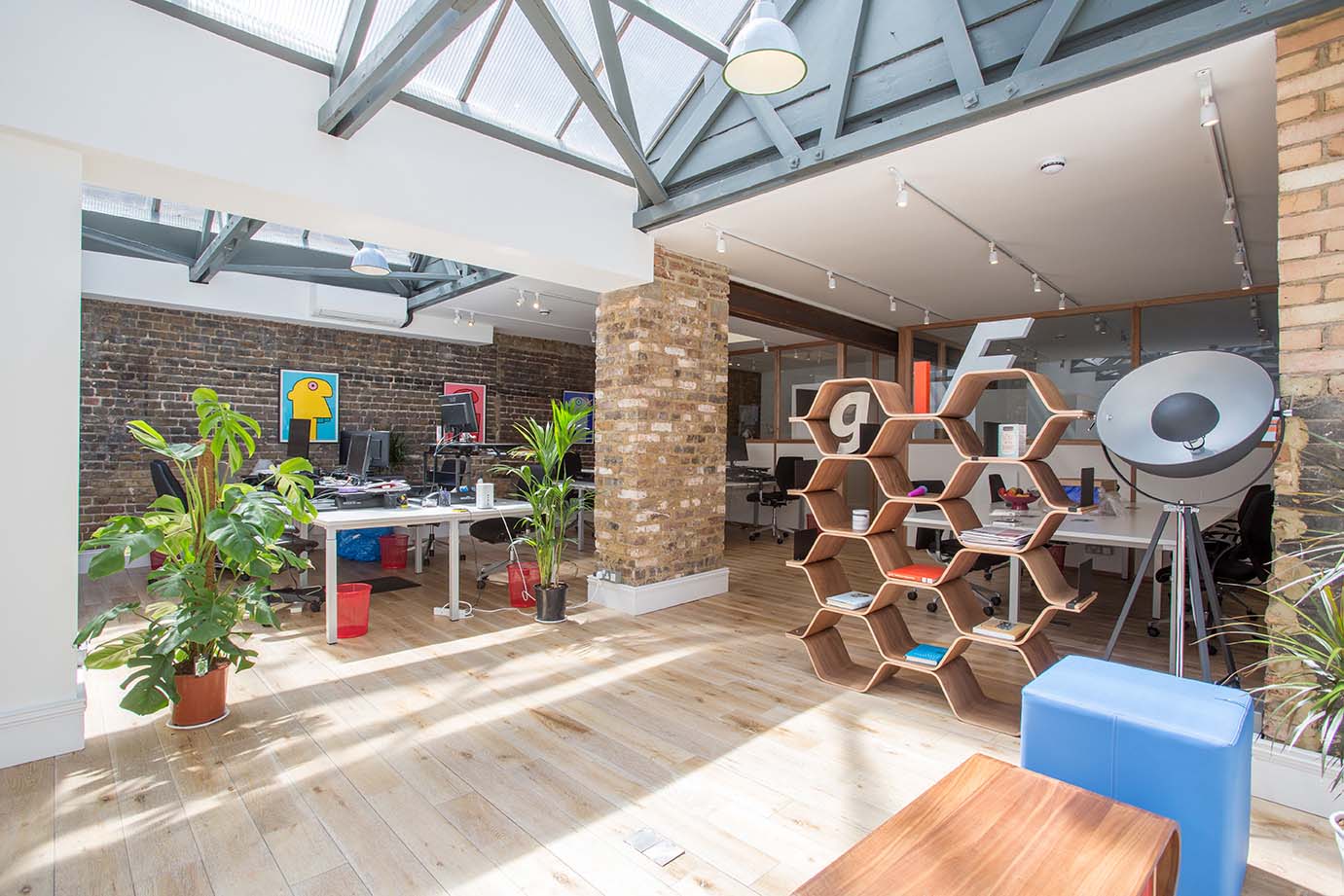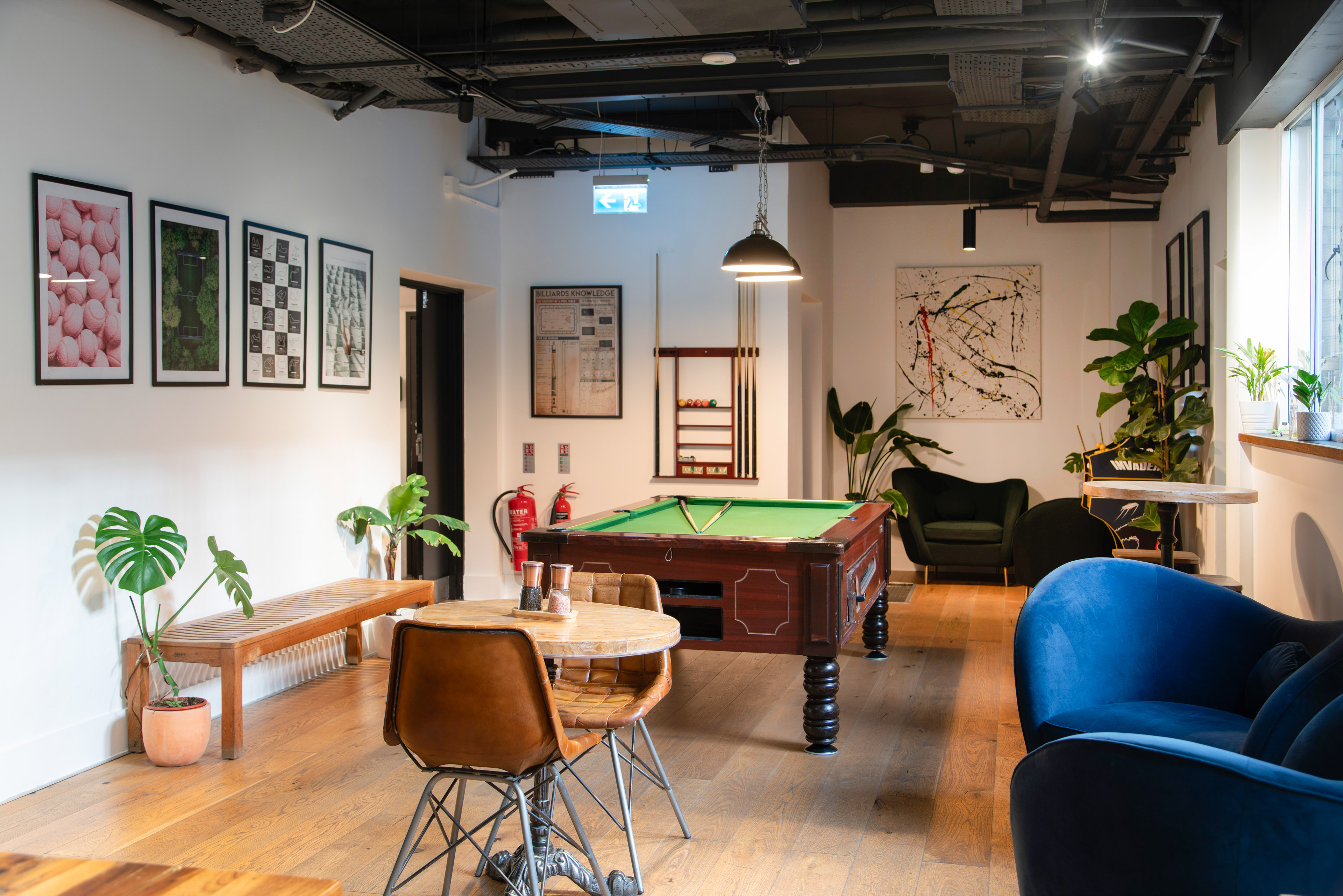Recruiting for startups in London can be challenging. Sure, there are more channels and tools than ever before, but you are also competing with some of the biggest names in tech. It's hard to gain and retain candidate attention and interest, especially in a fast-paced, tech city like London where competition on talent is high. We have put together a list of tips you should consider when recruiting for a startup.
1 - Recruiting for startups - Recruiting with diversity in mind
When diversity is discussed in offices it is often gender focussed, for example, male-dominated industries and gender pay gaps. But diversity covers much more than gender. It covers race, religion, sexuality, disability and much more, which is why they all must be considered when recruiting candidates.
Achieving greater diversity in the workplace is not just a noble or compliance-related goal. It is actually beneficial to companies, especially London startups who are in the process of defining their culture. A white paper from Cloverpop found that when diverse teams made a business decision, they outperformed individual decision-makers up to 87% of the time. McKinsey & Company also conducted research which found out that companies with more diverse top teams were also top financial performers.
Diversity provides a range of different perspectives and experiences which is highly beneficial when it comes to reaching a variety of customers, along with planning and executing a business strategy. As London is one of the most multicultural cities in Europe, your startup needs to reflect this to thrive.
2 - Recruiting for startups - Being upfront with candidates

According to CareerBuilder, 68% of employees believe their experience as job candidates reflects how the company treats its people, which is why it is just as important for you to make a good first impression as it is for the candidates. A good way to start off on the right foot is by being transparent throughout the application process.
When writing a job description, ask yourself what problem the company is looking to solve with this hire, especially for senior roles. Then, develop a detailed profile of your ideal candidate and be transparent about the salary, hours, skills needed, and general requirements. This transparency ensures that you are attracting people who are genuinely sold into the startup’s vision, and believe they have the capacity to make this vision a reality. An important part of recruitment strategies for startups is providing feedback to unsuccessful candidates and keeping people ‘in the loop’ at each application stage.
This honesty is the sign of a business that genuinely cares about people, even those who are not employees. Such actions display your moral compass and personal integrity despite having to make tough decisions.
3 - Recruiting for startups - Remote work opportunities
Remote teams used to be unique to startups but they've now been pushed into the mainstream by Covid-19 and social distancing measures. While it's hard to predict what the future holds for remote workers we can look at past trends and research.
CBRE discovered that millennials are projected to take up roughly 75% of the workforce by 2025, with Generation Z close behind them. Therefore it is important to promote styles of working which will attract these generations.
‘Work from home’ has largely been defined by brands such as Google and Facebook that have been effective at revolutionizing how we look at workplace dynamics. One of these perks is flexibility. It is more important to give employees a choice of places to engage in collaborative work, private focused work or even leisure activities that suit their work style, versus simply providing them with office space. Remote working is an essential part of a functioning work-life balance, which millennials strive for.






